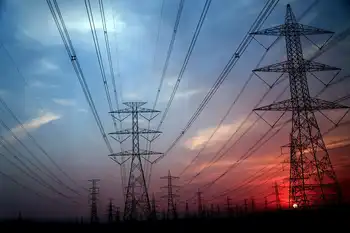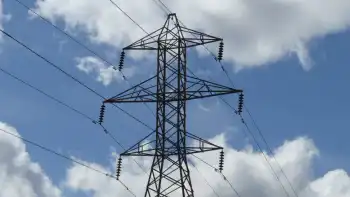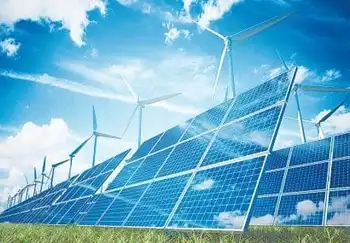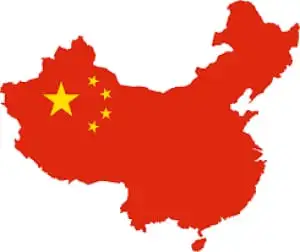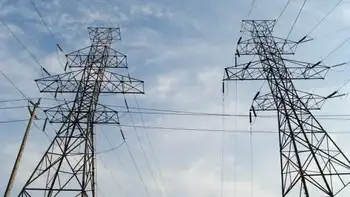The wind energy developer question
By Corn and Soybean Digest
Substation Relay Protection Training
Our customized live online or in‑person group training can be delivered to your staff at your location.

- Live Online
- 12 hours Instructor-led
- Group Training Available
This is due in part to the world's interest in the North American continent. Many major wind companies know that Canada and the U.S. have the greatest capacity for generating wind power as compared to any other part of the world. We are known as the Saudi Arabia for wind power potential. We are, after all, part of "Tornado Alley."
In the political arena, the recent push for renewable energy polices in America have lead to the current economic boom for the wind industry. This has also lead to the onslaught of large overseas energy companies entering our wind market. They are eager to develop wind farms for monetary gain with the intent of also capturing the generous federal and state subsidies that make wind energy farms very profitable.
Wind farm development is solely dependant upon the issuance of government assistant programs such as production tax credits (PTCs) and the federal stimulus monies (located in the 2008 Resource and Recovery Act) for wind energy projects. Without these programs, annual wind energy growth decreases by 70-90% as profitability levels and the return-on-investment basically become flat-lined.
Most commercial-scale wind projects need large capital investment and the right business environment to make it happen. The big European players (like EON Climate and Renewables, Gamesa, Siemens, TradeWind, and Iberdrola Renewables) are here in the U.S. for wind farm build out and massive investment opportunities.
Therefore, the American landowners must be keenly aware of the difference between a top wind power developer (like an Iberdrola, who has $6 billion to spend in the U.S. on wind energy projects) verses a small pioneer developer that doesn't have the appropriate resources to develop a wind farm project.
For a successful wind project, a landowner may have to avoid the smaller domestic wind players since they constantly struggle to compete against the big companies and lack the practical experience, financial abilities and human resources necessary to develop a wind farm.
Know who you are dealing with before signing a wind energy deal. Favor the companies that have a good track record for wind farm development, key personnel and financial abilities. A missed step between a large or small wind company can lead to the loss of land rights and future development opportunities.





